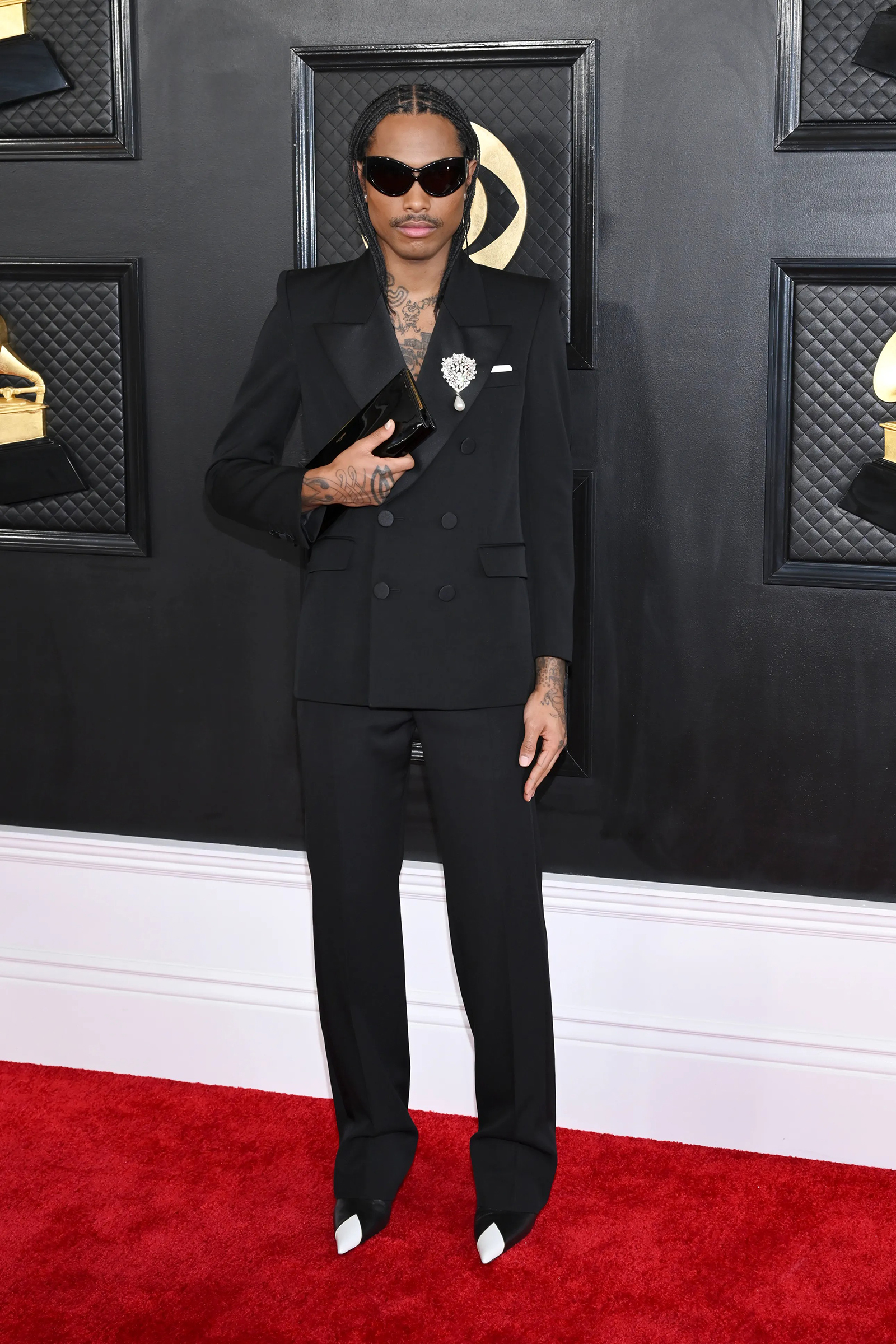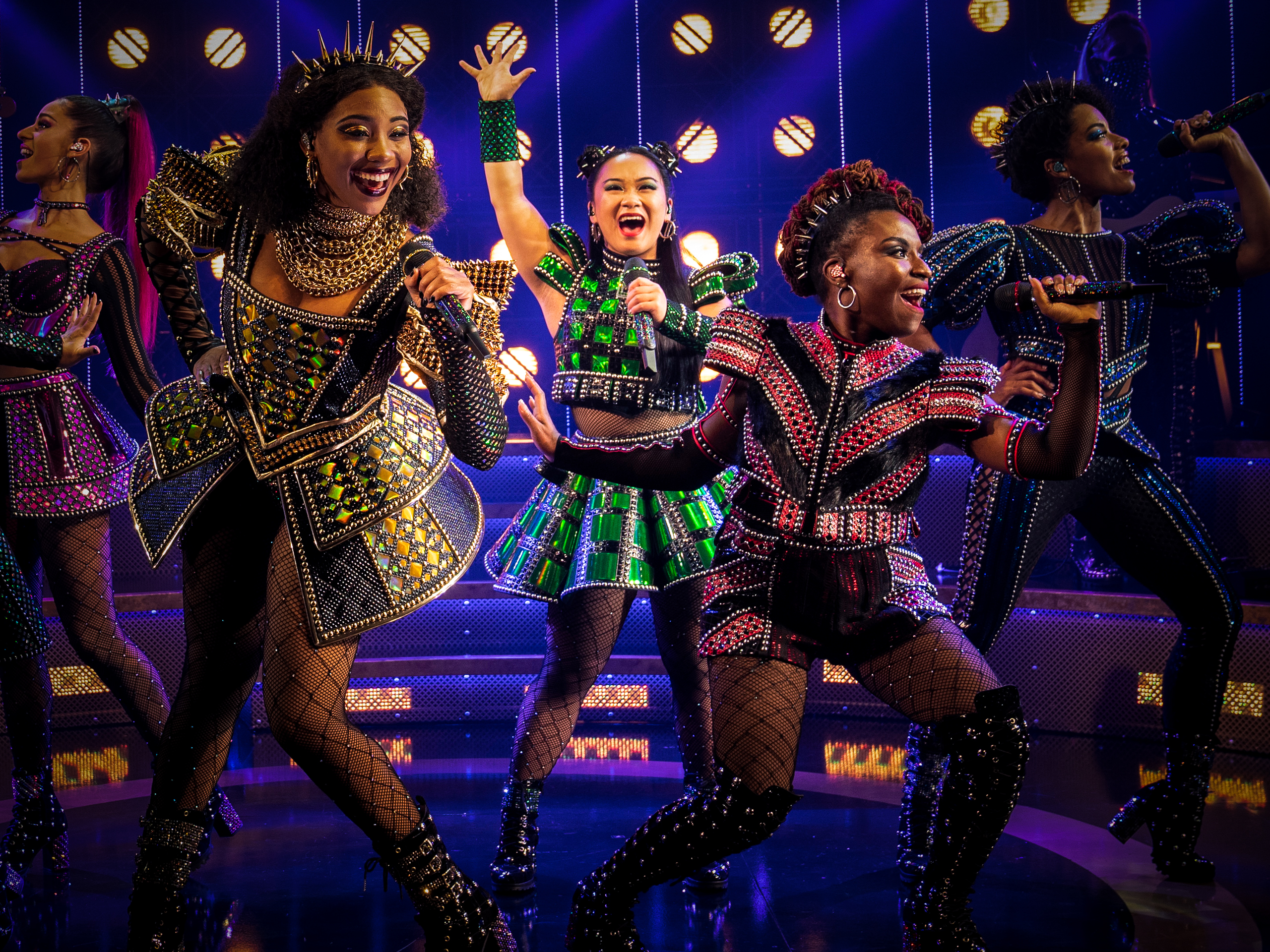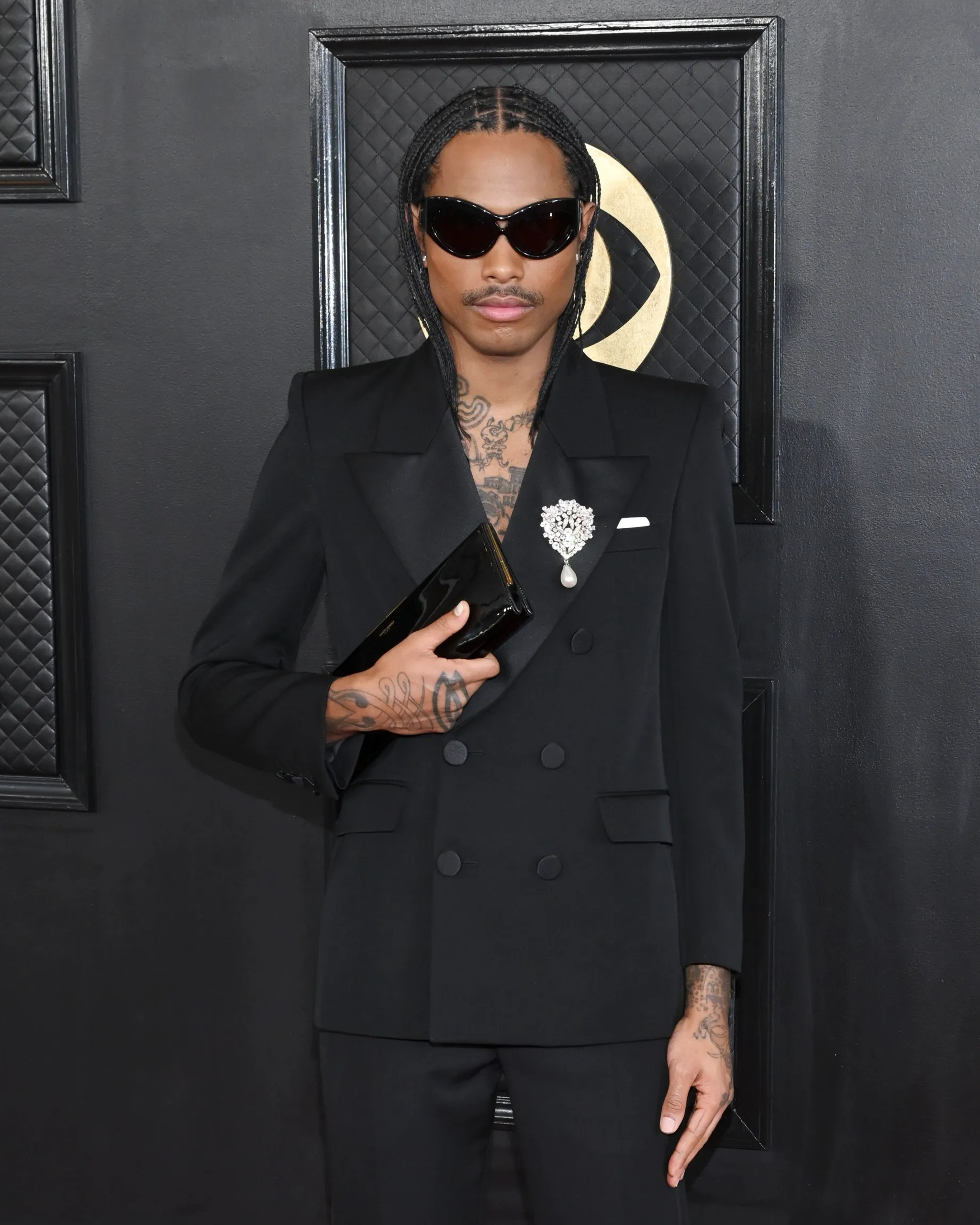Getty Images
Get to know the Filipino creatives who received nods from the prestigious award program.
This year’s Grammy Awards had no shortage of representation. Between Beyoncé breaking the record for most awarded artist in the history of the Grammys and Viola Davis earning EGOT status after nabbing a Grammy for her memoir’s audio book, to Kim Petras being the first openly trans woman winning the Best Pop Duo / Group Performance category, representation was the theme of this year’s program.
Filipino representation was also present and strong that night. At the forefront is half-Filipino, half-Black singer-songwriter, actress and record producer H.E.R. The five-time Grammy winner was nominated for four Grammys this year. Grammy winner and Filipino-American singer Olivia Rodrigo of “Driver’s License” fame was also there to present the award for Best New Artist. But they were not the only artists of Filipino descent present at the event.
Get to know these Filipino artists that shone at this year’s Grammys.
Steve Lacy

Winning the Best Progressive R&B Album category is Steve Lacy’s sophomore studio record, Gemini Rights. The 24 year-old half-Filipino, half-Black music prodigy is a singer-songwriter, a trained guitarist, and a record producer.
While this may be the first time you’re hearing about Lacy, he has been active in the music industry for a decade. He first took on a production role for the alternative R&B band The Internet’s acclaimed third album, Ego Death, in 2013. The album was released in 2015, the same year Lacy joined the band as its guitarist, and went on to be nominated for the Grammy Award for Best Urban Contemporary Album in 2016.
Following the success of Ego Death, Lacy worked on solo projects, including Steve Lacy’s Demo (2017); his two studio albums, Apollo XXI (2019) and the aforementioned Gemini Rights (2022); and another album with The Internet, Hive Mind (2018).
The acclaimed musician has also produced for American rapper YG. He is credited as a producer for two tracks on Solange’s 2019 album When I Get Home.
Perhaps Lacy’s most recognizable work today is the song “Bad Habit,” which went viral as a TikTok sound in 2022. The track was nominated for three Grammys this year: Record of the Year, Song of the Year, and Best Pop Solo Performance.
Andrea Macasaet

Filipino-Canadian theater actress Andrea Macasaet was nominated along with the cast of SIX: The Musical on Broadway for Best Musical Theater Album. The Winnipeg native is a seasoned musical theater actress, attending the Canadian College of Performing Arts and performing professionally since 2010. She has been in Canadian renditions of Tony-Award winning musicals such as the 25th Annual Putnam County Spelling Bee, Avenue Q, and Miss Saigon.
Her biggest break yet is originating the role of the reimagined Anne Boleyn in the Tony-Award winning Broadway production of the West End hit SIX: The Musical, a role she held from 2021-2022.
In an interview, Macasaet revealed her experience with a favorite Filipino past-time: karaoke.
“Karaoke was always big in my Filipino household,” she shares. “So I thought, I’m gonna sing a couple of karaoke tracks and sent them to my mom, a protective little Filipino lady who wants her baby home.”
Grayson Villanueva
Rounding up the list of artists of Filipino descent at the Grammys this year is Grayson Villanueva, whose vocals were featured in the Grammy-nominated track “Nobody Like U” from the Disney Pixar movie Turning Red.
Through the movie, the Filipino-American artist has worked with superstars Billie Eilish and Finneas, who wrote the songs for the animated movie’s fictional boy band, 4*Town. In his bio, Villanueva also mentions having worked with artists like Janelle Monáe and Keala Settle, as well as touring with acapella groups The House Jacks, the Filharmonic, Vocal Flash, and HIVE.
Though he grew up in the US, Villanueva’s descent is 100% Filipino. His father is from Pagsanjan, Laguna and his mother is from Santa Cruz, Laguna.
In an interview Villanueva notes the impact that Turning Red has had on him, being an Asian-American himself.
“As an Asian-American, it feels messy growing up with two different identities. But this film has taught me to embrace both identities and take up space with my own uniqueness. My own ‘red panda’,” he shares.
